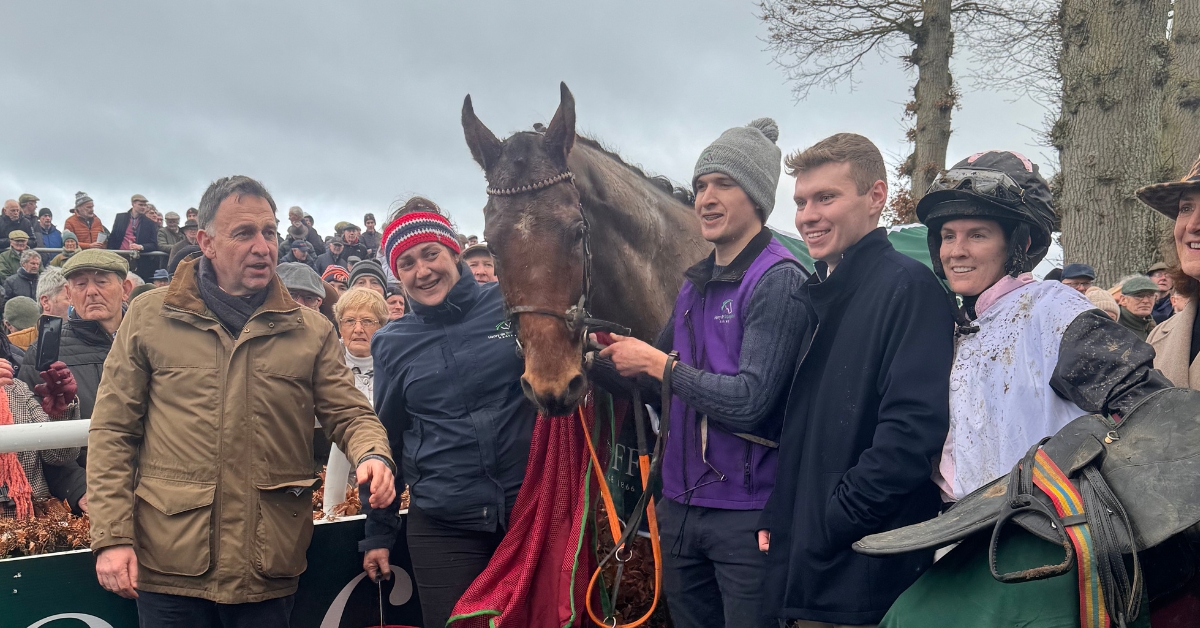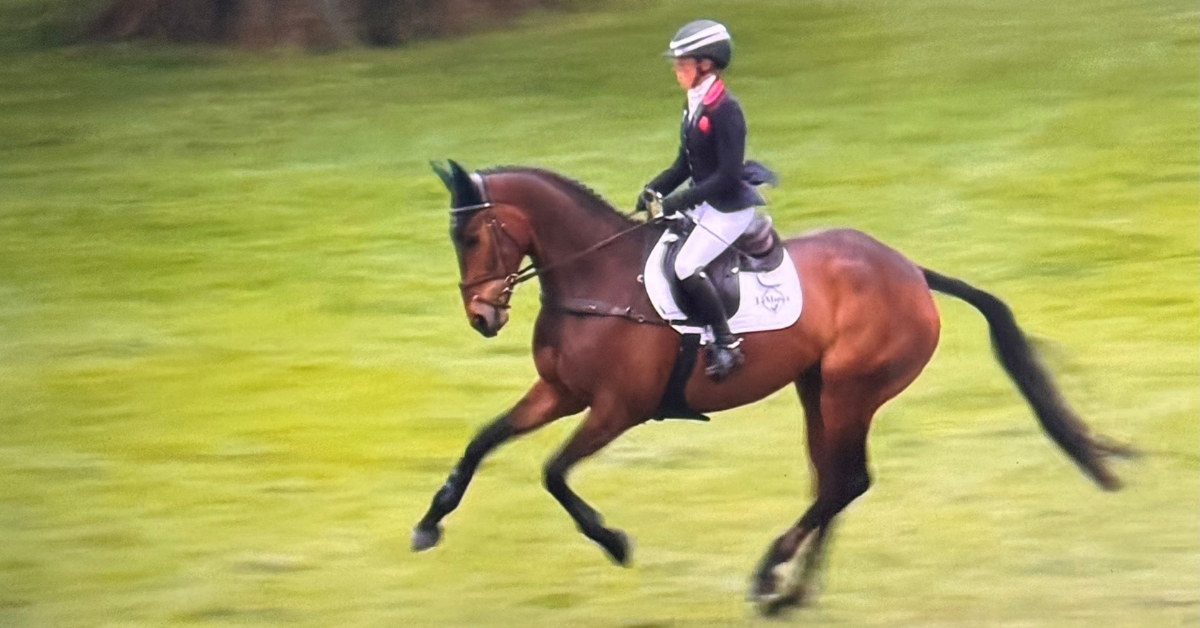Change is a bizarre concept. Some embrace it. Some vehemently oppose it. But either way, change happens. It can be subtle – the evenings getting longer or children getting older. Sometimes, it can be far more intentional and therefore obvious – correcting how a rider sits in the saddle or changing from a magazine format to a website. These changes can be measured and decisive, but they still require some sort of bravery, someone to challenge the status quo and campaign for better outcomes. The reality is that change will happen – our choice is whether to be passively affected by change, or to go out there and affect change.
Be self aware
I can be a bit funny with change, sometimes I will resist it with every fibre of my being and other times I create a snowball effect and grow with change, embracing the chaos and uncertainty that can come with it. Through extensive reflection, I have realized what exactly is the cause for the differentiation. I thrive when I have bought into the change, but fight it when I feel my hand is being forced. For me to buy into any concept, I need information. I need to be able to ask questions and talk around in circles until I understand it. Knowing that, I can make sure I seek out the information and give myself the best possible chance to embrace it. For others, they just want to be clear on their role or just wing it and see what happens. There is no one correct way to deal with change, the key thing is to be self aware enough to understand the steps you need to take to set yourself up for success.
Listen
There is so much we need to hear that hasn’t been said – those pointed silences, the topics that are danced around, the slightest change in a horse’s expression. Listening is one of the greatest resources we have when it comes to embracing and affecting change. Listening allows us to ascertain the needs of the people around us, allowing us to gain a greater understanding of their motivations – what makes them tick, what inspires them, how we can help them reach their goals. Listening also affords us opportunities to learn and gather wisdom. How often have you been in a situation when someone says something in passing, and it becomes a piece of advice you carry with you for a long time.When trying to affect change, the ability to communicate with the people around us is one of our best assets, and this starts with listening.
Find your people
No man or woman is an island. We are all stronger when we have found our people. Whenever we think about change, it doesn’t take long for us to start to think about the people – those affecting it, those affected by it and the bystanders who aren’t involved at all. Finding your people allows you to be strengthened by the power of the collective. Take Equitas for example, if each of the women involved wrote an article alone, and weren’t part of a collective unit, the article quality would still be exceptional but without the power of the collective, there wouldn’t be as many people amplifying their voices and embracing the concept. Equitas is going to create major change within the equine industry because of its ability to harness the creativity and passion of women from across the world behind one key movement.
Be decisive
How many times have you seen intentions falling at the first hurdle because someone couldn’t make a decision that was key to progression? People will always look to leaders to use initiative and adapt to new circumstances, but it can be daunting to be the one who holds the book when it comes to these decisions. People seem to forget that managing horses is skilled labour – we all have so much knowledge built up that we don’t even know we have. We, as equestrians, need to trust our gut feelings more often, and take decisive action when needed in the interest of progression and change in the industry. Wanting to make a change doesn’t equal claiming to know everything, or that the industry is inherently bad, it is simply observing a problem and matching it with a solution.
Be brave
Many change makers face some adversity, whether it is limitations on capacity to create change, the reluctance of others to embrace change, or insufficient resources to implement these changes. We know that creating change and being a part of change isn’t always going to be a walk in the park, but what improvements do we get from sitting on the couch watching telly with the dog?
The more comfortable we can make ourselves with change, the better we will be. We will become better advocates for ourselves and others, we will become better equipped with the skills required to head up change and create new movements in the industry, and we will be more open to the ideas and inspiration of others. The equine industry plays host to some of the brightest minds and the greatest visionaries, but to allow people to realise their potential we have to start embracing change.


Share
Your subscription is 100% Free for our first year, No credit card details required.

Rachael Blackmore retires: a standard-setter, a champion, and one of our own. It’s not easy to put a career like

Ros Canter has secured her second Mars Badminton Horse Trials title riding Lordships Graffalo, the now 13-year-old gelding already being

Why the Countdown to The Distinguished Gentleman’s Ride Kildare Matters In just ten days, the engines will roar and the